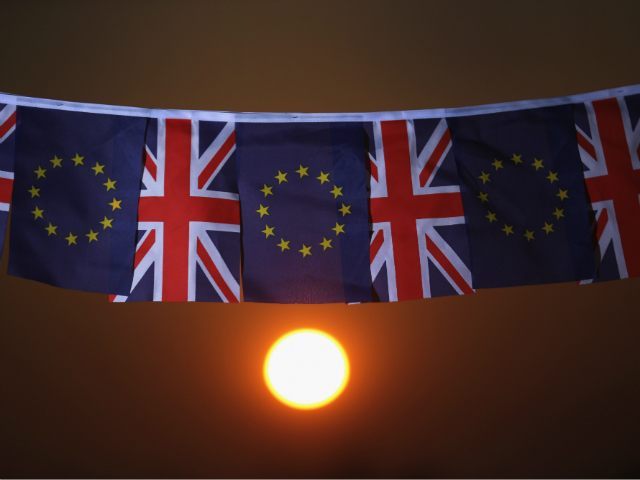British voters could be persuaded to back Britain’s exit from the European Union (EU) – otherwise known as ‘Brexit’ – if they are convinced it would save them just £25 a year, a poll has found.
Voters could swing to either “remain” or “leave” depending on whether they think it would affect their weekly budget by just 50p, a YouGov survey of 15,000 people found.
The poll, commissioned by Philip Cowley, professor of politics at Queen Mary University of London, found that income and household bills will be crucial in deciding the outcome of June’s referendum.
His report states: “If people feel Brexit will reduce their income – even by as little as £25 a year, or 50p a week – then a majority will vote to remain. If people think they’ll be better off out, then a majority will vote to leave.”
“When people are told they will be £500 a year better off if the UK votes to stay, then 51 per cent vote to remain and 32 per cent vote to leave,” he adds. “When voters are told they will be £500 worse off, the effect is reversed – with 49 per cent voting to leave and 30 per cent opting to remain.”
The Daily Mail says the findings came as the Bank of England broke a promise made by its governor, Mark Carney, to stay neutral in the Brexit debate, with economists claiming the cost of borrowing money would rise if Britain leaves the European Union (EU) and access to credit would be restricted.
The Bank’s Fiscal Policy Committee (FPC) said interest rates would rise and the cost of government debt would also increase.
‘Leave’ campaigners hit back, however, arguing that capital markets would have already increased the cost of credit if they were concerned about the UK leaving the EU.
A spokesman for the Grassroots Out (GO) campaign said: “Brexit will not impact interest rates or the cost of borrowing.
“On the contrary on leaving the EU borrowing costs could fall as a result of improving public finances from the £12bn net saved in EU membership fees and a greatly reduced regulatory burden which could stimulate the economy.”

COMMENTS
Please let us know if you're having issues with commenting.